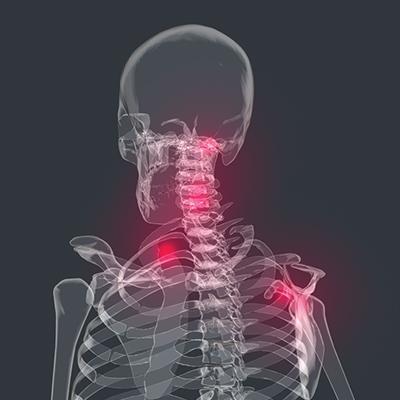
The efficacy of biologic drugs for psoriatic arthritis (PsA) appears to decrease in the presence of comorbid fibromyalgia (FM), especially among female patients with obesity, according to a study.
The study involved 238 PsA patients, of whom 58 had comorbid FM, who initiated treatment with a first biologic agent. At each visit, researchers assessed disease activity of PsA (DAPSA), minimal disease activity (MDA) and DAPSA-based low disease activity (LDA) or remission, among others. Patients lost to follow-up or those who failed to achieve the target were imputed as nonresponders.
Compared with no-FM group, patients in the FM group were more likely to be female (p=0.0001) with polyarticular subset (p=0.0001) and have higher mean body mass index (p=0.006).
Drug survival was significantly lower in FM PsA than in no-FM PsA (50 percent vs 74 percent; mean, 32 vs 42 months; p=0.0001).
Rates of remission/LDA and MDA were significantly lower in FM PsA at 3, 6, 12 and 24 months (p<0.001). Furthermore, very few patients in the FM PsA group achieved remission at months 3 (3.4 percent) and 6 (0 percent).
Negative predictors of drug discontinuation were absence of FM (hazard ratio [HR], 0.51) and normal weight (HR, 0.29). Meanwhile, long-standing MDA was positively associated with the absence of FM (HR, 2.54) and male sex (HR, 1.58).
In the presence of PsA, FM can either interfere with the patient perception of burden of the disease or alter the PsA disease activity measured by the physician, the researchers noted. The present data suggest that comorbid FM, female gender and obesity are the worst combination of negative prognostic factors in PsA.